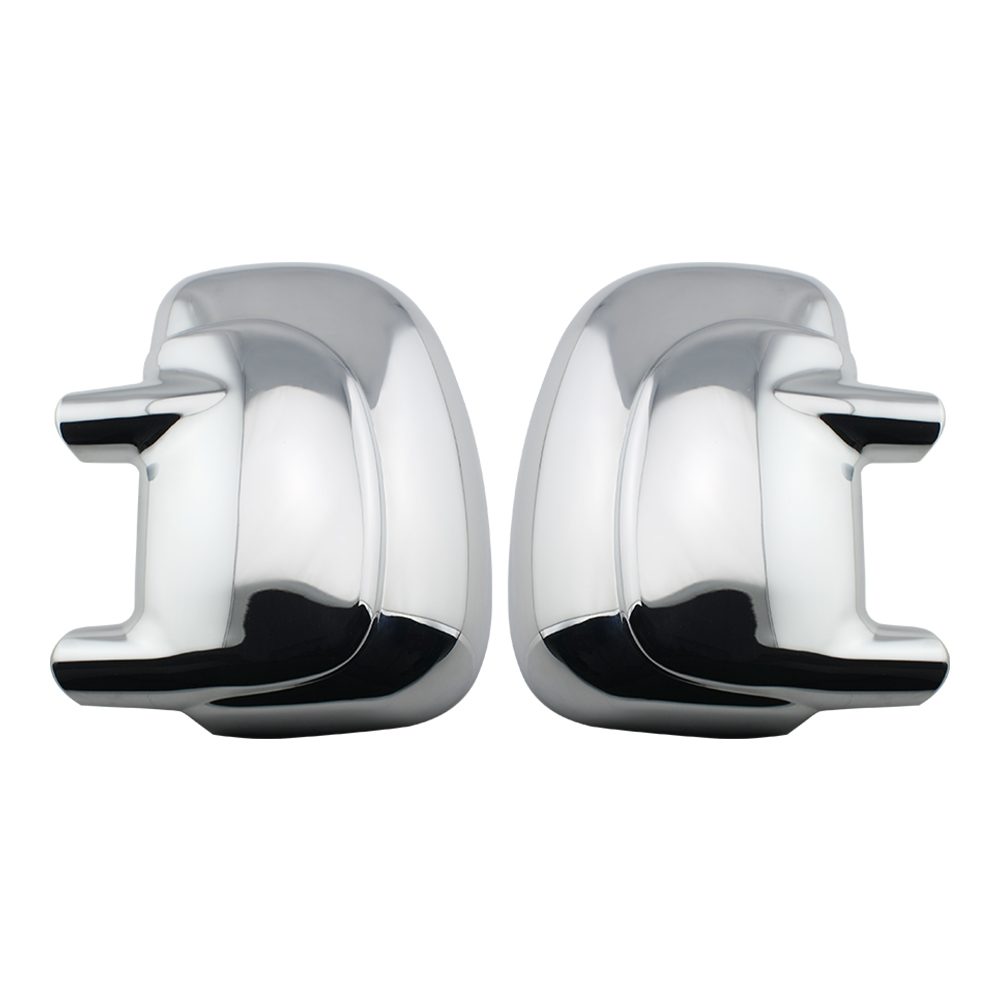
Car mirror covers serve both functional and aesthetic purposes, protecting side mirrors from damage and contributing to the overall appearance of a vehicle. To meet the requirements of durability, cost-efficiency, and design flexibility, car mirror cover manufacturers use a range of materials. These materials are selected based on factors such as weather resistance, impact strength, weight, ease of production, and compatibility with various finishes.
A widely used material by car mirror cover manufacturers is ABS plastic (Acrylonitrile Butadiene Styrene). This thermoplastic polymer is favored for its combination of toughness, impact resistance, and ease of molding. ABS is lightweight and relatively affordable, which makes it suitable for high-volume production. Car mirror cover manufacturers often choose ABS for its ability to retain shape and strength under varying temperature conditions. In addition, its surface can be painted or chrome-plated, allowing it to match the exterior styling of different vehicle models.
Another material commonly selected is polypropylene. This plastic offers good resistance to chemicals and moisture, making it suitable for exterior automotive parts. Car mirror cover manufacturers may use polypropylene when flexibility and cost-effectiveness are prioritized. Although it is less rigid than ABS, it performs well in areas that may be exposed to road debris, weather, and temperature changes. Its recyclable nature also makes it a practical choice for manufacturers focused on sustainability.
For higher-end applications, car mirror cover manufacturers may opt for carbon fiber-reinforced polymers. These materials provide a sleek appearance and great strength-to-weight ratio. While more expensive than ABS or polypropylene, carbon fiber mirror covers appeal to consumers seeking a sporty look and reduced weight for performance vehicles. The manufacturing process for carbon fiber is more labor-intensive, but the result is a product with high stiffness and durability.
In some cases, car mirror cover manufacturers use fiberglass-reinforced plastic. This composite material offers increased strength and heat resistance compared to standard plastics. It is typically used in custom or aftermarket applications where additional toughness or unique shapes are required. Fiberglass allows for more design flexibility than metal but remains heavier than carbon fiber.
Metal is also used by some car mirror cover manufacturers, particularly aluminum or stainless steel. These metals offer enhanced impact resistance and corrosion protection, especially in harsh driving environments. However, they are generally heavier and more expensive to produce compared to plastic options. Metal mirror covers are often found on trucks, SUVs, or specialized commercial vehicles where durability is a primary concern. Manufacturers may also use metal covers to achieve a specific aesthetic effect, such as a brushed or polished finish.
Car mirror cover manufacturers consider not only the material properties but also the production process when choosing materials. Injection molding is commonly used for plastic components due to its speed and ability to produce consistent results. This makes materials like ABS and polypropylene especially practical for manufacturers aiming to deliver large quantities efficiently.
In addition to base materials, manufacturers often apply surface treatments such as painting, hydro-dipping, or plating. These finishes allow the mirror covers to match or complement the car body, offering options like matte black, gloss colors, or metallic finishes. The compatibility of the base material with these treatments is another reason why certain plastics are preferred.
Car mirror cover manufacturers select materials based on a combination of performance, cost, and design needs. ABS plastic, polypropylene, carbon fiber, fiberglass, and metal each offer distinct advantages, making them suitable for different vehicle types and market preferences. The careful selection of these materials ensures that car mirror covers meet expectations for durability, style, and functionality across a variety of applications.

 English
English 日本語
日本語 Français
Français Deutsch
Deutsch Español
Español 简体中文
简体中文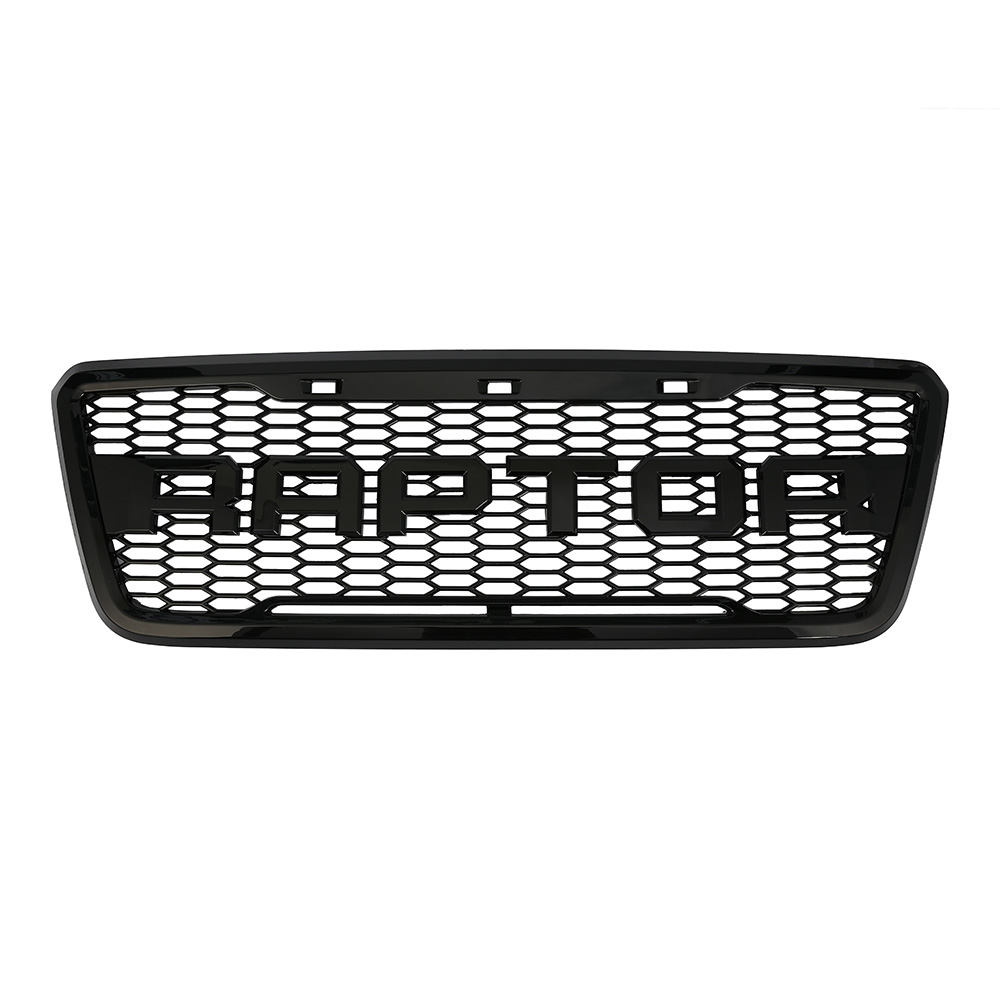
(canaddletterfordraptor).jpg)
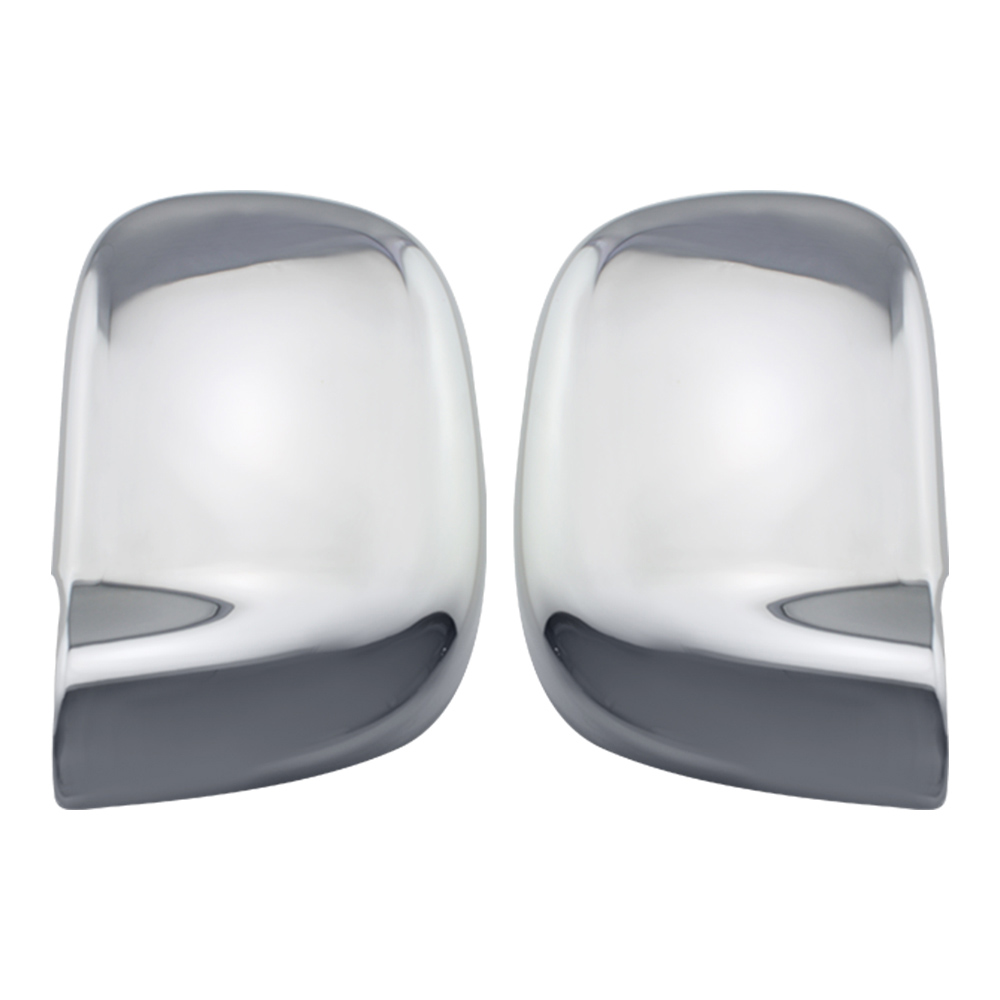 View More >>
View More >>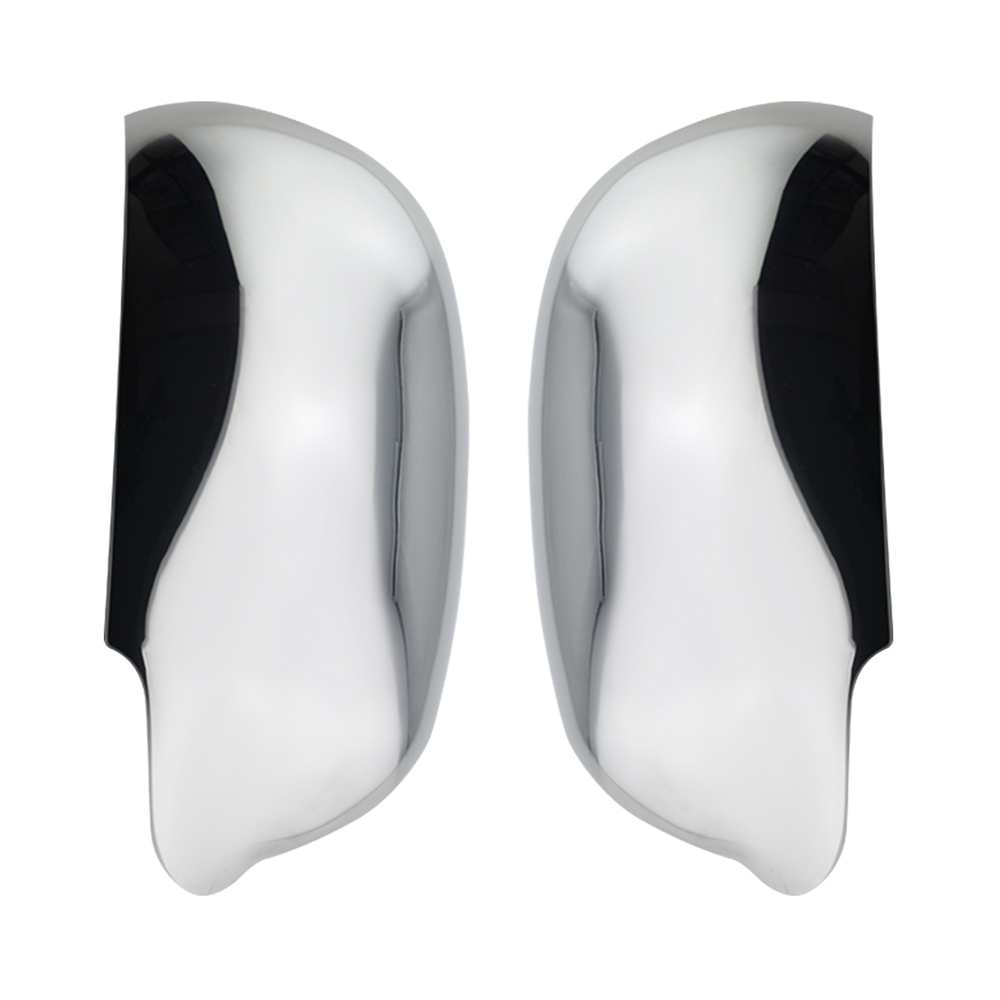 View More >>
View More >>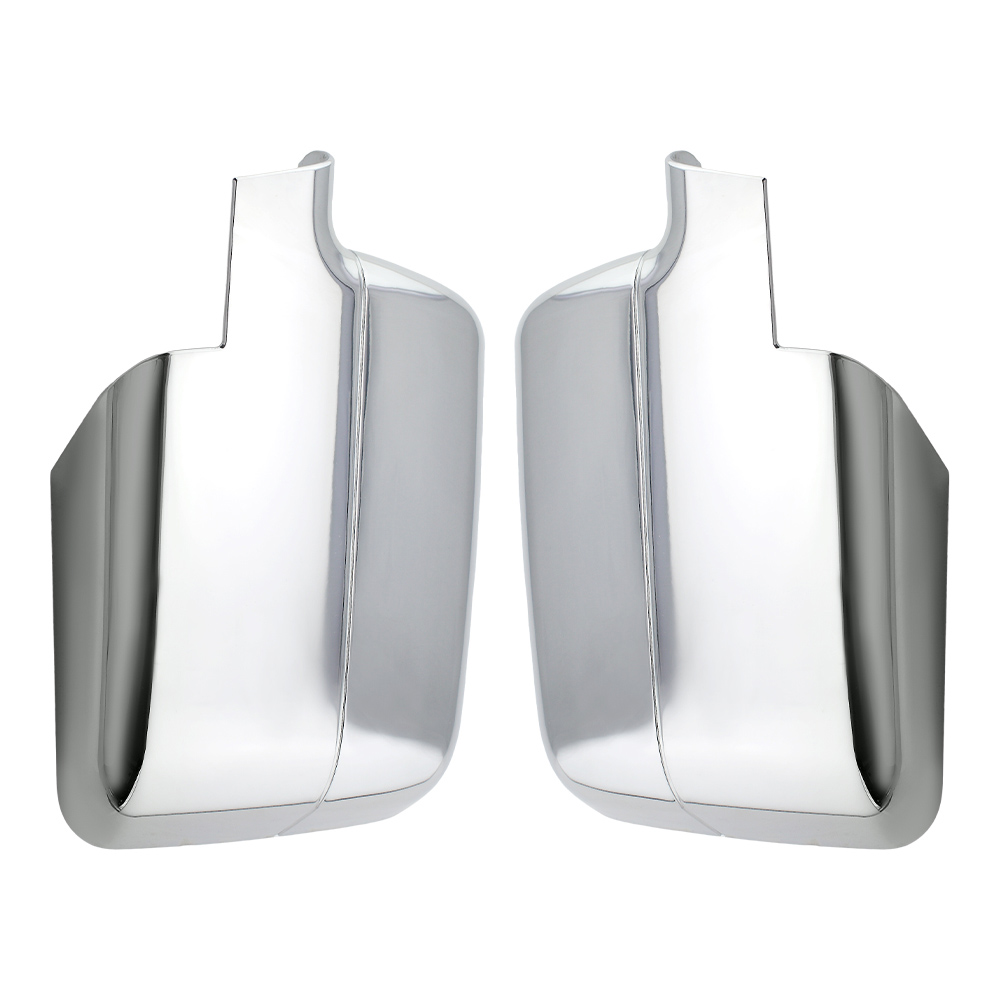 View More >>
View More >>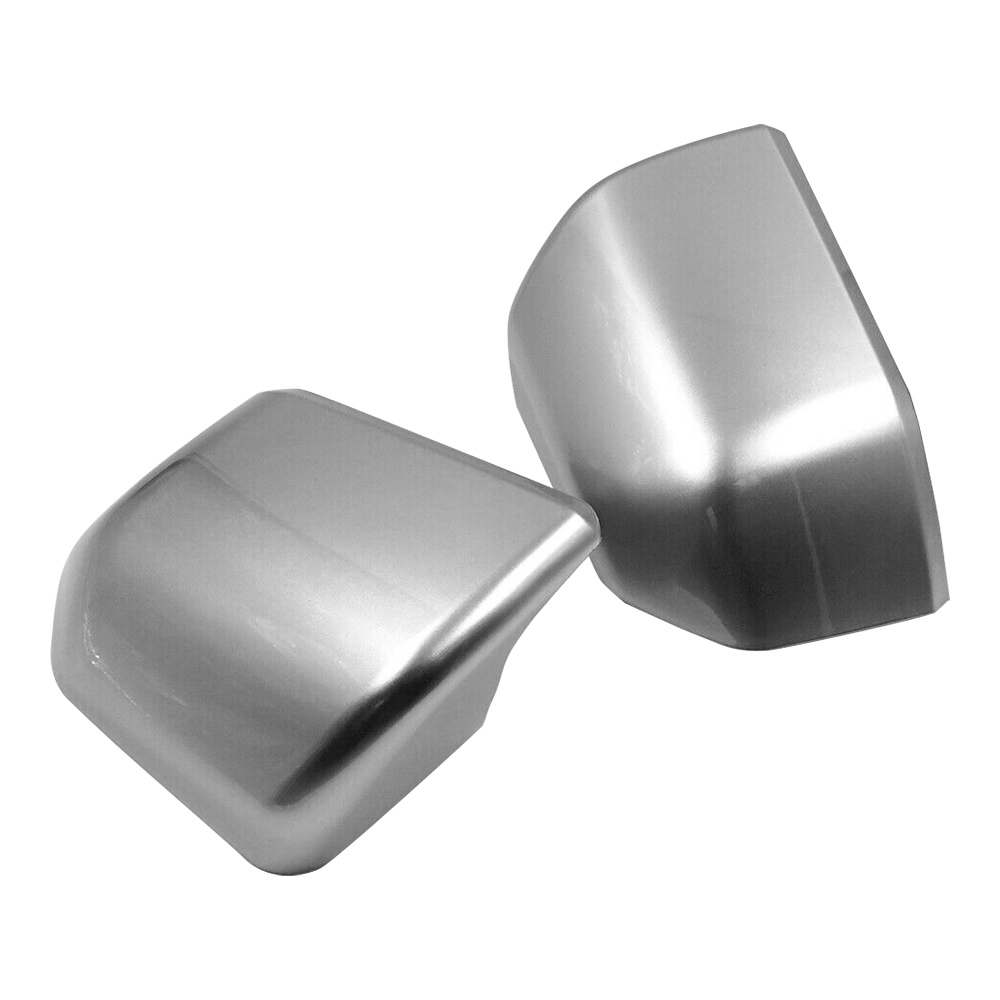 View More >>
View More >>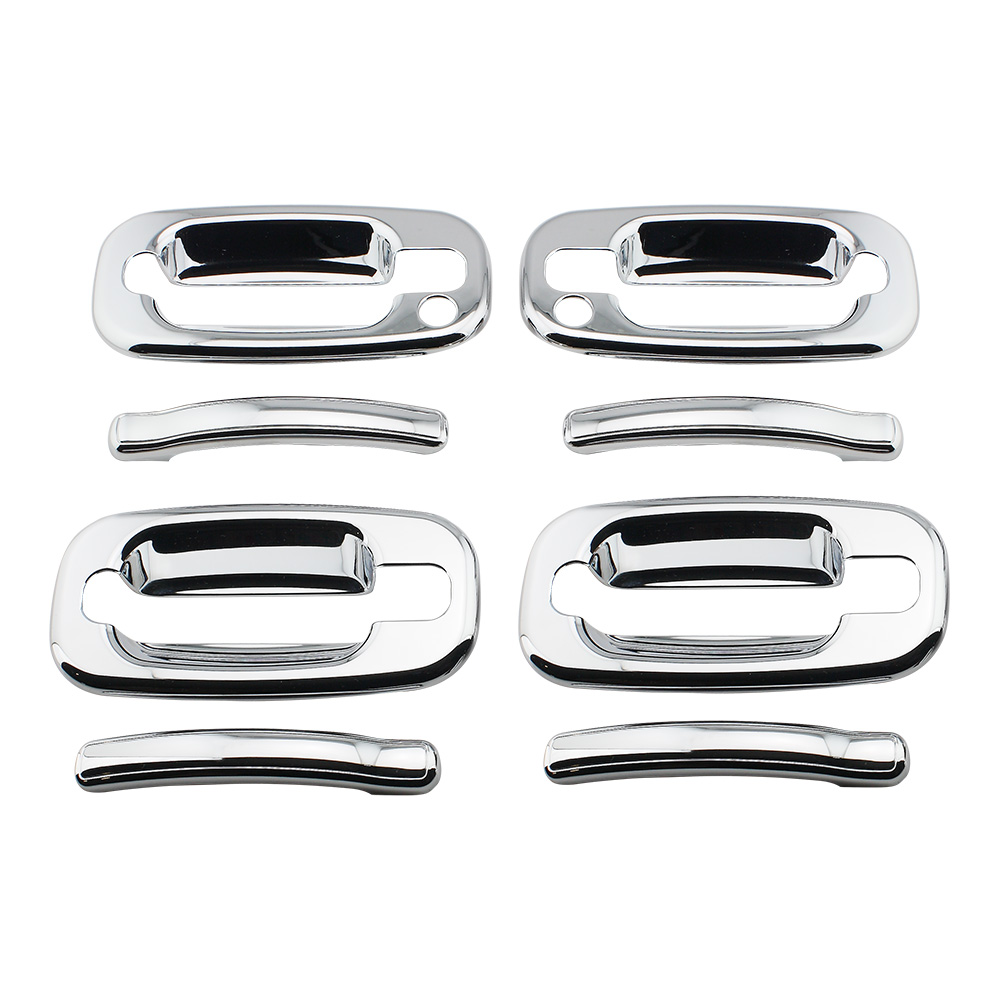 View More >>
View More >>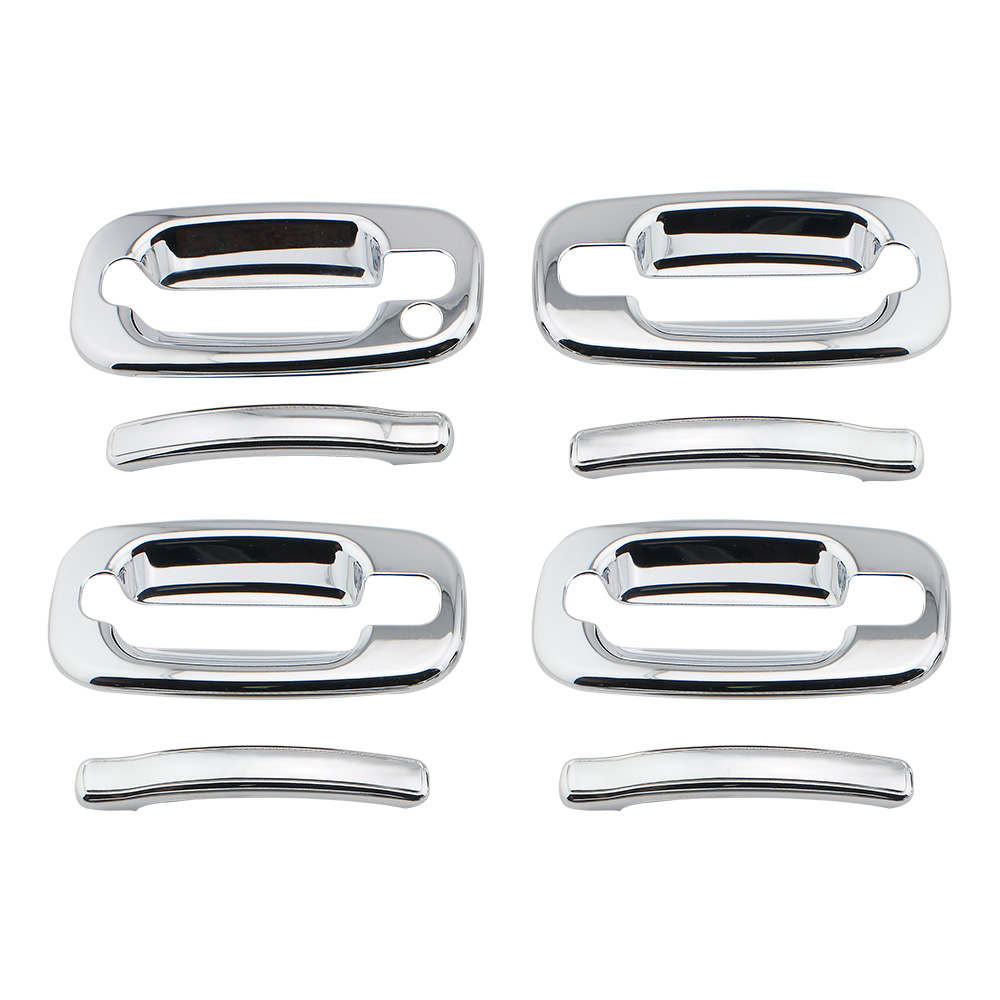 View More >>
View More >>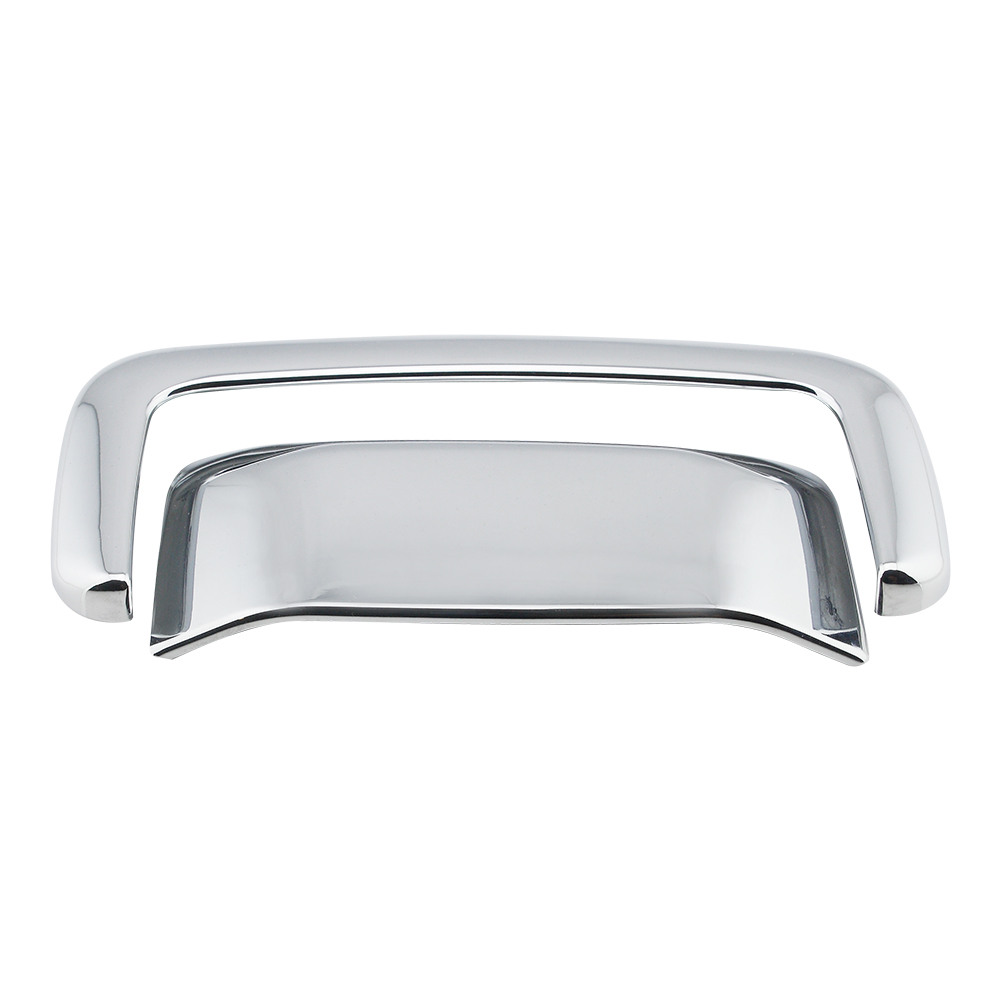 View More >>
View More >>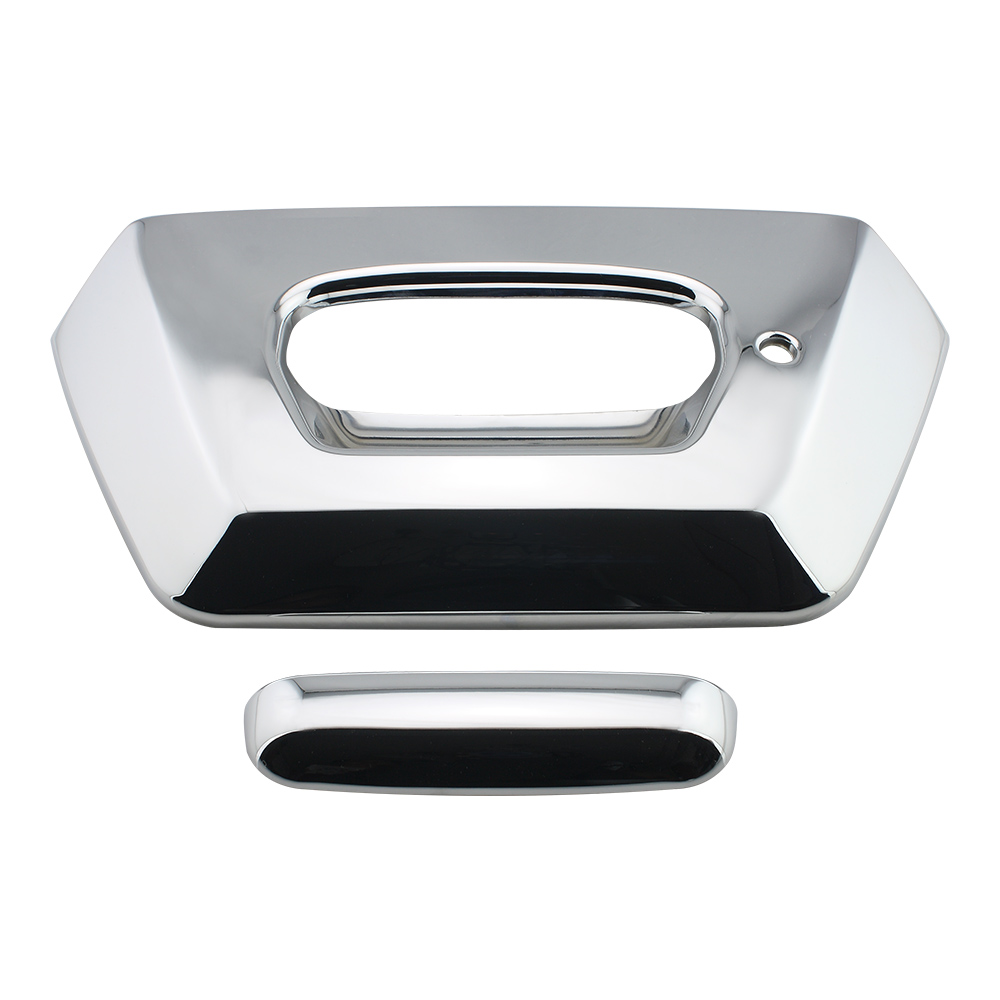 View More >>
View More >>(canaddletterfordraptor)-1.jpg) View More >>
View More >>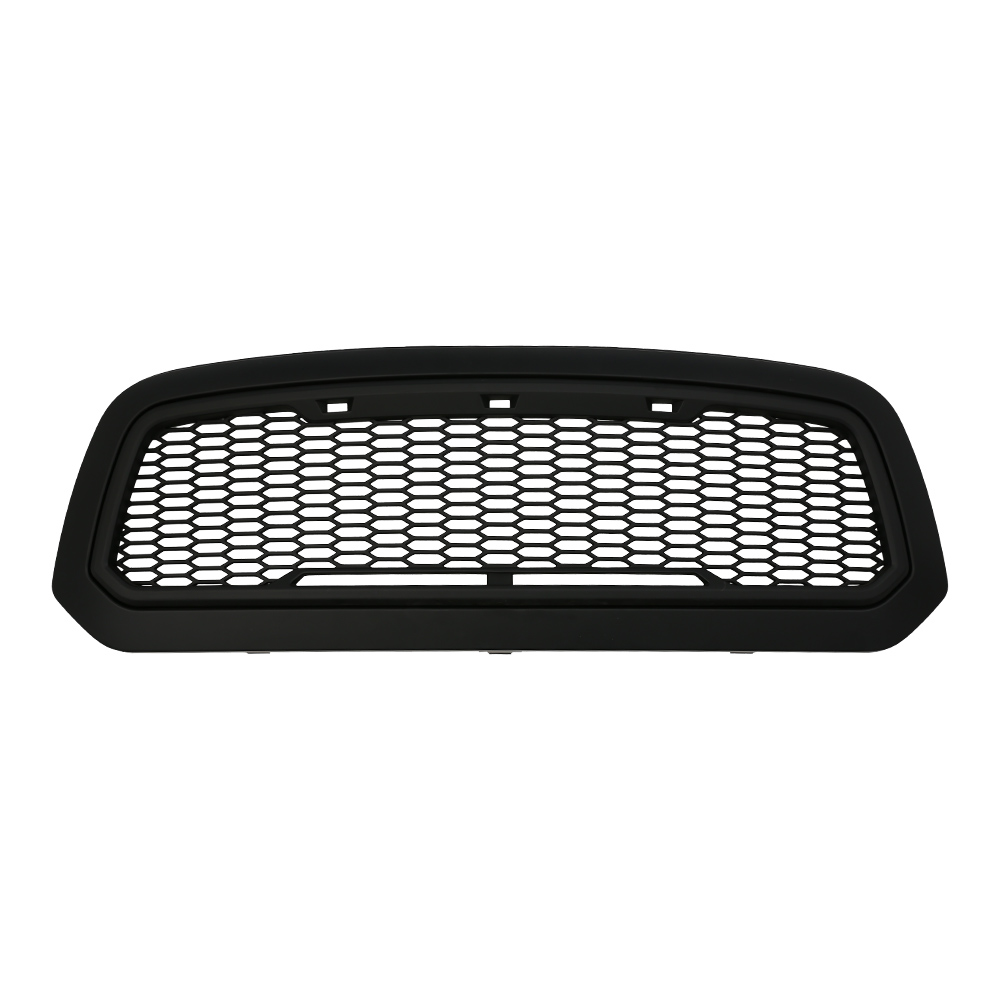 View More >>
View More >>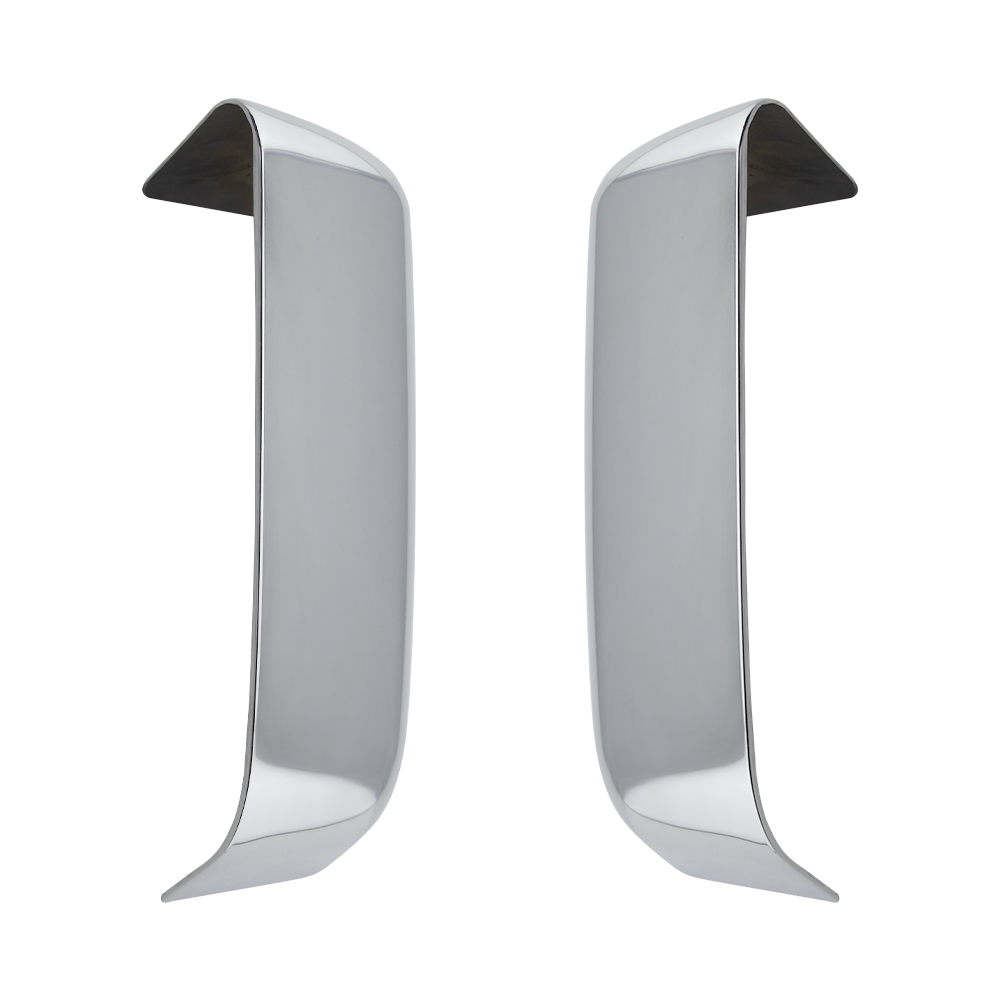 View More >>
View More >>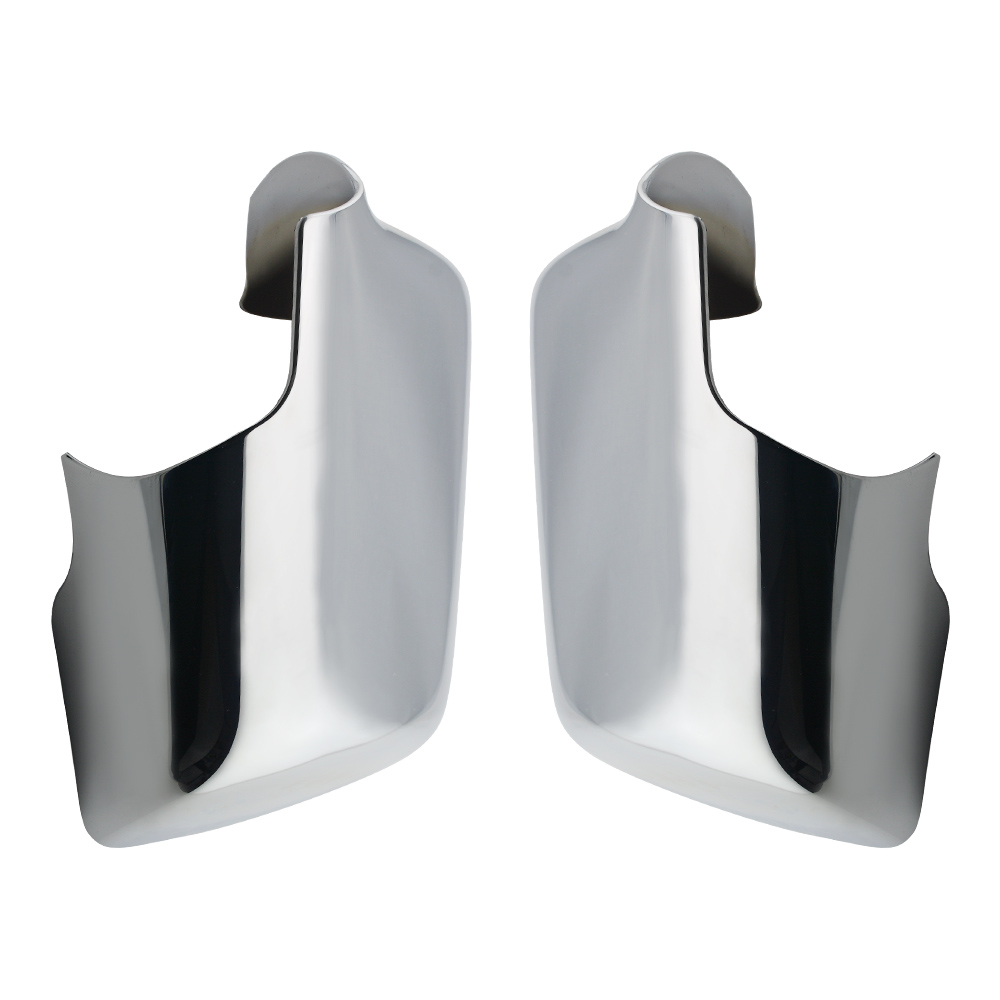 View More >>
View More >>
